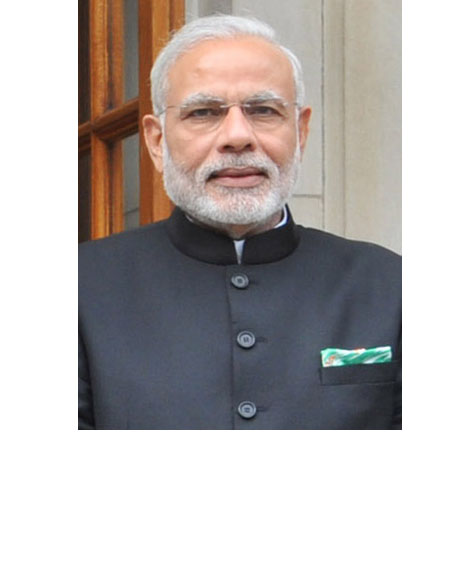SINGAPORE, June 1, 2018 (BSS/AFP) – Indian Prime Minister Narendra Modi called Friday for countries to have “equal access” to shared maritime and air spaces, and for regional disputes to be settled under international law.
In a speech at the start of a security summit in Singapore, Modi described his vision of nations across the Asia-Pacific region forging closer security and economic ties.
Although Modi did not single Beijing out for direct criticism, he referred to China’s military buildup in the South China Sea and its sweeping territorial claims across the strategic waterway.
“We should all have equal access, as a right under international law, to the use of common spaces on the sea and in the air,” Modi told the Shangri-La Dialogue.
“That would require freedom of navigation, unimpeded commerce, and peaceful settlement of disputes in accordance with international law. When we all agree to live by that code, our sea lanes will be pathways to prosperity and corridors of peace.”
India and its regional role are taking centre stage at this year’s summit as nations look to counter China’s inexorable military rise, and as Washington puts new emphasis on its military ties to New Delhi and the increasing importance of the Indian Ocean in US strategic thinking.
The Pentagon is renaming its oldest and largest military command to reflect India’s growing significance.
From now on, the storied US Pacific Command, or PACOM, will be known as the Indo-Pacific Command.
Modi referred to the need to respect the sovereignty and territorial integrity of all countries, “irrespective of size and strength”, in another apparent reference to China’s actions in the region.
Still, his remarks were inclusive overall, coming after he met with Chinese president Xi Jinping in an April summit where both leaders promised to reduce border tensions after a standoff in the Himalayas last year.
Troops from both sides had come eyeball-to-eyeball in the disputed Doklam plateau in June 2017 when Chinese soldiers started building a road and India sent troops to halt the process.
A crisis was averted two months later when both nuclear-armed nations pulled back.
Manoj Joshi, a distinguished fellow at the Delhi-based Observer Research Foundation, told AFP that ultimately what matters most is how much India is ready to stake in the Indo-Pacific concept, politically and militarily.
“India has a reputation of talking big, but delivering little,” he told AFP.
“No matter what he says, the issue is not about international law or trade disputes, but about raw power — China’s growing power and the effort of the regional states to contain it under the leadership of the US.”



